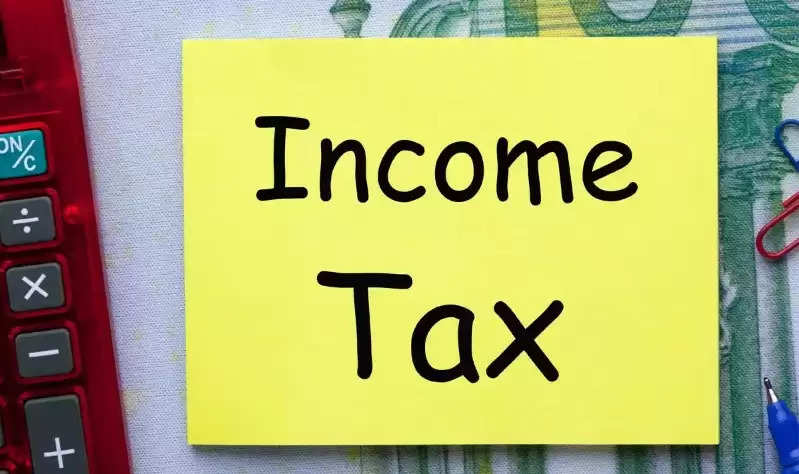ITR filing: Never do this mistake even by mistake, otherwise income tax notice can come home

Mhara Hariyana Nerws, New Delhi: The procedure of filing income tax returns is ongoing. The deadline to file an individual income tax return is July 31, 2023. If someone fails to submit their income tax return by the deadline, they may do so starting on August 1 by paying a late fee. Additionally, it has frequently been seen that persons receive notices from the Income Tax Department at the same time. Here, we'll outline the eight errors that could result in the Income Tax Department sending you a notice. Let's discuss it...
1) The income tax return's inaccurate representation of assets or income
The Income Tax Department is taking a number of steps to minimize the flow of black money. A notice requesting disclosure of all of your income and assets—both domestically and abroad—may be sent to you.
Furthermore, you must accurately fill out your Income Tax Return document by providing details like your name, residence, and PAN. If any of these facts are wrong, you will be notified.
2) Inconsistencies in the disclosure of actual and stated income
You will receive a notification for non-reporting if the income tax authorities suspect that all of your income from various sources has not been declared.
3. Unexpected adjustments to investment size, transaction volume, or income
The tax department will maintain a steady watch in the event of a sudden, enormous fall in income or massive increase in the amount of money. If you have purchased real estate
The Income Tax Department may be eager to find out and issue you a notification if you have assets or immovable property with a very high value or if you have transactions with a very high value in your bank account.
Your income will be your own if you make significant investments in your spouse's or child's name. Therefore, it should be taken into account when calculating your total taxable income. You can receive a notice if this revenue is not reported on your tax return.
When your TDS claim is inaccurate, there are unexpected TDS differences.
Your TDS should coincide with the TDS reported on Forms 16 or 16A and 26AS when your ITR was filed. If a disparity is discovered, notice will be given in accordance with section 143(1).
Therefore, you are likely to get a warning from the tax department if there is any inaccuracy in the TDS deducted and the income and interest collected through you.
5) For inspection and assessment
A notice under section 143(2) may be given to you if the tax authorities have looked over the ITR that was submitted through you. Investigations may also be sparked by discrepancies in erroneous reporting, among other causes.
Additionally, bear in mind that the Income Tax Department has the authority to penalize you, so reply to the notice as quickly as you can.
6) A delay in submitting a tax return
Each assessment year's deadline for filing tax returns must be met. You will be required to file your return if the ITR filing deadline is coming up and you have not yet done so.
You must supply the return in accordance with Section 142(1)(i) of the Income Tax Act; otherwise, a notice may be issued. Tax preparation and payment are two distinct processes.
Even if your business had losses throughout the fiscal year, you must still file tax filings. Others just file their returns electronically. At that point, the process is still ongoing.
You have 120 days from the time you upload the return to file the ITR. Some taxpayers file their returns after the cutoff date.
7) Payment of a return through you for any outstanding loans and taxes
The interest is deposited into your bank account or reinvested in your assets, so the department can readily pinpoint you as the source of the excess even if you unintentionally forgot to disclose some of the interest income collected. If you don't pay your taxes, you may receive a notification.
If you request it, the Assessing Officer may issue you a notice telling you that the outstanding sum would be subtracted from any income tax refund you get.
8. For tax fraud
The Internal Revenue Service is authorized by the Income Tax Act to review previously filed tax returns. Under section 147 of the Income Tax Act, the department may notify the taxpayer.
tax law. Based on predetermined criteria, an Assessing Officer may choose a tax return for reassessment. A notice of reassessment is only given when the tax officer has cause to believe that income subject to tax has evaded assessment.
yjh.jpg)